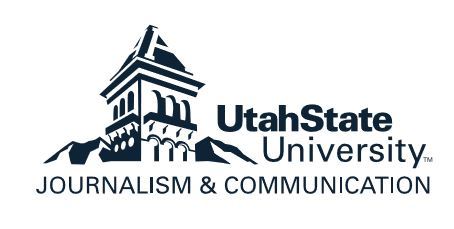
37th Annual AJHA Convention
Salt Lake City | Oct. 4-6, 2018
Convention contacts Convention Coordinator Registration Coordinator Program Coordinator Convention hosts University of Utah | Panel Abstracts Go to: Program | Paper Abstracts | Research in Progress Road to a Pulitzer: The Salt Lake Tribune Moderator: Dave Vergobbi (Utah) This year’s local panel features three Salt Lake Tribune journalists whose investigation of the handling of sexual assault complaints at two Utah universities was awarded the 2017 Pulitzer Prize for Local Reporting. In the spring of 2016, reporters at The Tribune began investigating how Brigham Young University was handling reports of sexual assault made by female students, including how those cases were influenced by the school’s Honor Code, which proscribes sexual conduct outside of marriage and regulates visitation between men and women. The initial story focused on four women, including one who said BYU—affiliated with the Church of Jesus Christ of Latter-day Saints—had restricted her from future classes because she refused to cooperate with an Honor Code investigation into her conduct, even as her alleged rapist, a nonstudent, was being prosecuted. That story spurred more than 60 current or former students to contact The Tribune, telling reporters that many assault victims felt silenced by the code or blamed for their assaults by school personnel. The newspaper’s reporting revealed a problematic overlap among campus police, the Honor Code office and Title IX staff. After months of continuing coverage, the university released a reported confirming much of the Tribune’s coverage and announced it would restructure its Title IX office and policies, including full amnesty from Honor Code discipline for students reporting sexual assaults. The newspaper also uncovered a string of sexual assaults by a football player at Utah State University, including four cases in which school employees did not follow up on assault reports from women. The newspaper’s reporting led to 10 additional women coming forward, and the player, Torrey Green, will face trial in 2019 for assaults on seven women.
PRESIDENT'S PANEL: Moderator: Dianne Bragg (Alabama) This year's President's Panel will examine the complicated discussion concerning genealogy, DNA searches and privacy. The arrest of the Golden State Killer this past April raised awareness surrounding information gleaned from DNA searches and their use in criminal investigations. Questions have arisen concerning the balance between privacy and the pursuit of criminals. This panel will discuss the legal aspects of privacy in such cases, the responsibility of historians and archivists to the subjects of their work, as well as the latest breakthroughs in family history through historical records and DNA research. Karen Auman is an assistant professor of history at BYU. Auman's scholarship includes work on families and migration. She currently teaches two courses, "History of American Family" and "Family Historians Craft," that give her a unique perspective on this panel. Ed Carter, director of the BYU School of Communication, will discuss the legal aspects of privacy in light of genealogy and DNA searches. Carter is an attorney, journalist and professor of communications whose interests include communications law. Quint Randle is an associate professor in the School of Communications at Brigham Young University, where he teaches courses in the journalism sequence ranging from digital media storytelling to graphic design. He is currently working on a “cold case” documentary project. American Journalism Special Issue: Women's Suffrage and the Media Moderator: Carolyn Kitch (Temple) This panel will feature authors and editors of a special issue of American Journalism on “Women’s Suffrage and the Media,” planned for publication in 2019, a year in advance of centennial of that achievement. Its purpose is to offer fresh research perspectives on both familiar and lesser-known aspects of the role of journalism, publicity, visual communication and other mediation of the suffrage campaign. The panel also will showcase the project’s companion website, suffrageandthemedia.org, which already is live and which offers primary-source materials, links to essays and other new historical work, and information about the centennial. Presenters will speak on the following topics:
Best Practices for Directing a Historical Dissertation or Thesis Direction of undergraduate theses, master’s theses, and dissertations can be one of the most time-consuming and challenging duties of a college professor. It can also be one of the most rewarding. Moreover, mentoring of long-form research projects demands skills that are different from the teaching and research skills professors use every day. This panel will discuss the strategies and tactics that directors of undergraduate and graduate theses and dissertations have used in mentoring their students. They’ll discuss mentoring strategies that have worked—as well as perhaps some that haven’t. Creating a Sense of Belonging: Media History and Contemporary Trends in Community and Local Journalism Moderator: Madeleine Liseblad (Middle Tennessee) From inception, journalism’s role in community life has been important. Today that importance remains, despite a harsher climate for small outlets in an increasingly global, conglomerate reality. Community media provide “affirmation of the sense of community,” as one scholar wrote, and are often the only source for local news. This panel will discuss how community/local journalism creates a common sense of belonging. Speakers will draw parallels between past and contemporary media trends, showcasing the importance of understanding the role of journalism and journalists, community belonging, and media history. Faith as Media Frame, Influence, and Component From newspapers to radio, American media have relied on faith as an enduring cultural narrative. Sometimes acknowledged but often not, Judeo-Christian ideals, in particular, have driven storytelling and rhetoric in print and broadcast media. This panel examines religious themes present in mediated framing in late nineteenth- and early twentieth-century U.S. media history. From Prospectus to Publication: Lessons Learned and Other Advice on First-time Book Authorship Moderator: Michael Fuhlhage (Wayne State) Publishing an academic book can be daunting, particularly for those who have never done it before. This session draws from the experiences of four panelists who are writing or have recently completed their first monographs. The panelists’ books feature a variety of topics and time periods, from the Civil War era to World War II. This interactive Q-and-A session will tackle questions about the journey from prospectus to publication, including how to know you’re ready to write a book, how to find potential publishers, what goes into a prospectus, and book contract negotiation. Giving History a Voice: Strategies for Publishing Oral Histories Moderator: Pamela Walck (Duquesne) Panelists: Nicholas Hirshon (William Paterson), Abigail Perkiss (Kean), Ford Risley (Penn State), Maggie Rivas-Rodriguez (Texas-Austin) Oral histories offer scholars a rich opportunity for creating and collecting new perspectives on history, particularly at the local and regional levels. However, recording and transcribing these histories should only be the beginning. This panel will offer scholars ideas on how to decide whether to include oral histories in their research, tips on how to incorporate oral histories into unique research projects, and—perhaps most importantly—how to get the work published. In light of changes to rules governing human subjects research, this panel will also discuss possible challenges scholars face in getting oral histories published. Using Biography to Expose History’s Untold Stories Moderator: Erika Pribanic-Smith, (Texas-Arlington) Biographical research and writing are special skills, comparable in many ways to other forms of historical scholarship but also distinct. In this panel discussion—driven by questions from the moderator and audience—three experts on historical biography explore the methods, challenges, and rewards unique to the genre. Each has written biographical books and articles on figures in media history, helping to draw conclusions about the general circumstances of different eras and media forms through the particular experiences of the individuals they studied. While sharing anecdotes from their own research, the panelists will explain the significance, ethics, and trends of biographical scholarship. They also will provide advice about working with archival material and publishing biographical work. |
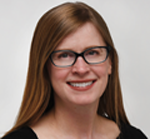 Panelists include
Panelists include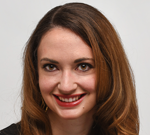 Joining her on the panel will be
Joining her on the panel will be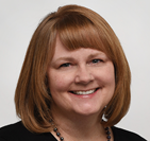 The panel will also include Sheila R. McCann, The Tribune’s managing editor who guided the campus sexual assault project and other projects that have won regional and national journalism awards. She has previously reported and edited at newspapers in Washington state and Idaho.
The panel will also include Sheila R. McCann, The Tribune’s managing editor who guided the campus sexual assault project and other projects that have won regional and national journalism awards. She has previously reported and edited at newspapers in Washington state and Idaho.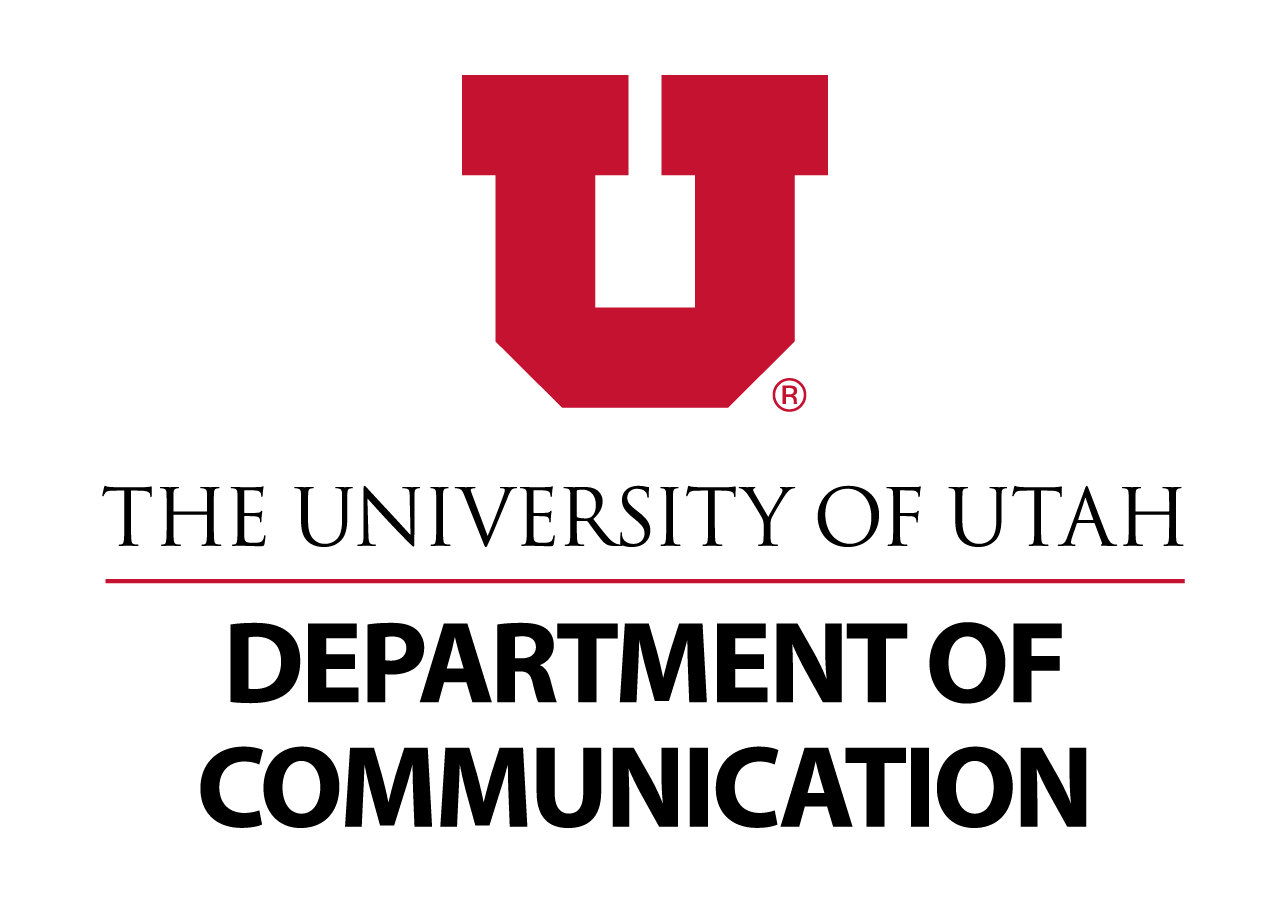
.png)
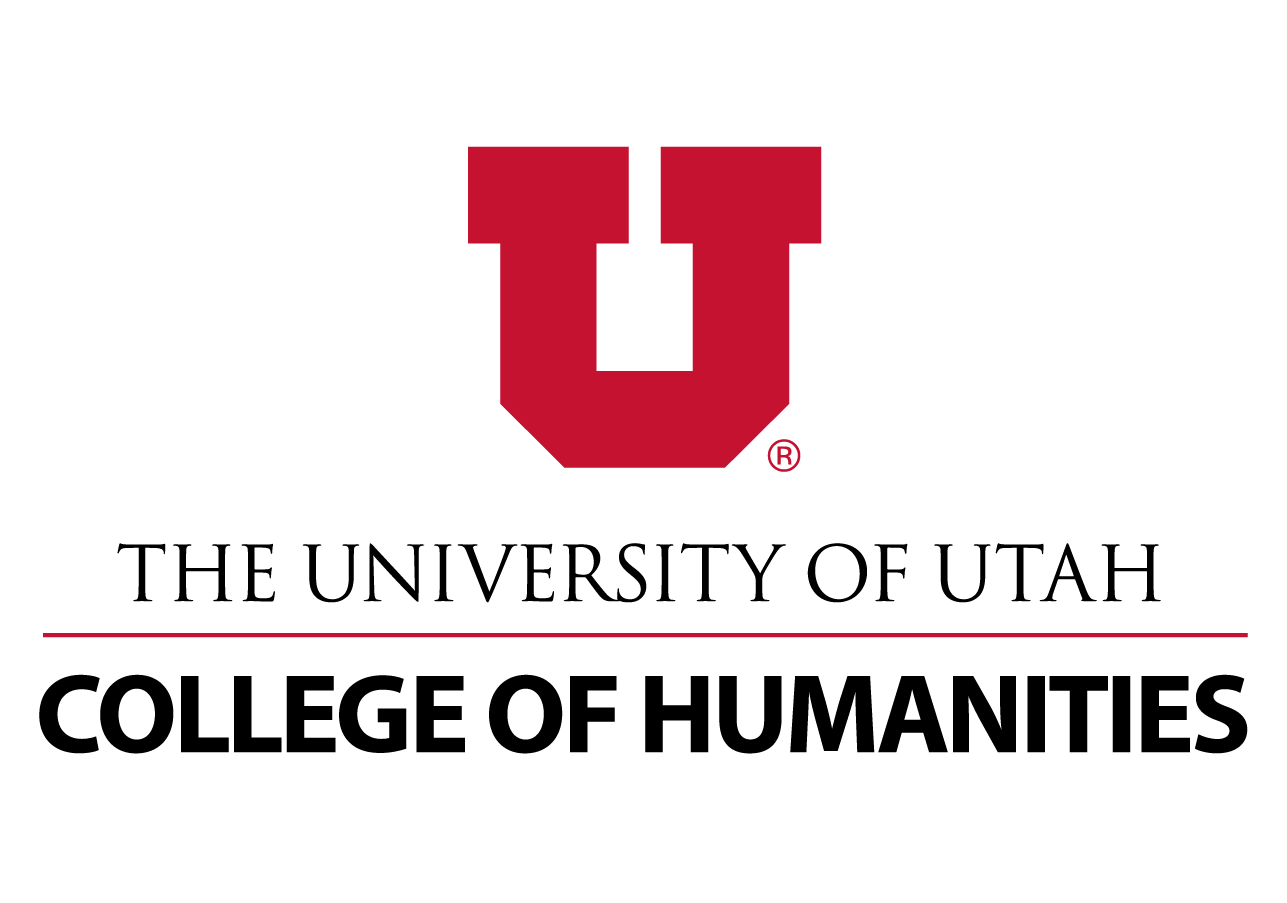
.png)
